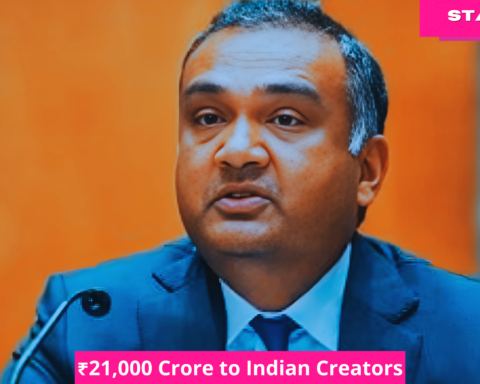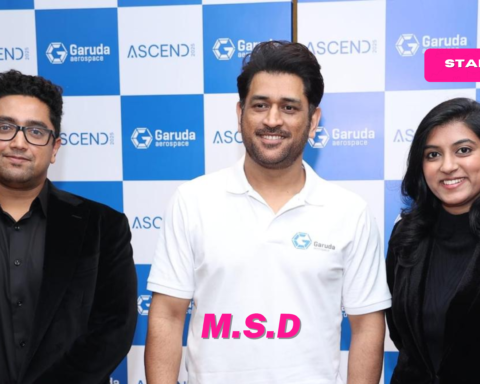
By StartupByDoc Editorial Team | May 1, 2025
In a pivotal move that could reshape India’s semiconductor roadmap, the Adani Group has paused its discussions with Israeli chipmaker Tower Semiconductor over a proposed $10 billion semiconductor manufacturing project in Maharashtra. This development reflects the deep strategic deliberations underway as India aims to establish itself as a serious player in the global chip ecosystem.
The Project Vision—and the Pause
The Adani-Tower partnership was expected to create one of India’s largest semiconductor fabrication units, capable of producing over 80,000 wafers per month. With an estimated 5,000 direct and indirect jobs, the project was hailed as a major contributor to India’s ambition to reduce dependency on chip imports and power the next era of digital and electronics growth.
However, Adani’s internal assessment reportedly pointed to misalignments in financial expectations and uncertainties around market demand. While Tower was expected to bring in technological expertise, Adani sought a more substantial financial stake from the Israeli firm. As the economics grew complex, the conglomerate decided to hit the brakes—at least for now.
What It Means for India’s Semiconductor Dreams
India’s semiconductor industry is still in its infancy, despite the urgent need to localize chip production amid growing geopolitical and supply chain uncertainties. The Adani-Tower pause follows an earlier breakdown of the $19.5 billion Vedanta-Foxconn partnership, another high-profile chipmaking deal that failed to take off.
Despite these hurdles, India’s ambitions remain bold. Ongoing projects include:
- Tata Group’s $11 billion investment into semiconductor manufacturing and testing.
- Micron Technology’s $2.7 billion chip packaging facility, under development with strong government support.
- Policy frameworks like the PLI (Production Linked Incentive) Scheme, designed to encourage domestic chip production.
But as this latest pause shows, it takes more than government incentives to build fabs. Chip manufacturing is capital-intensive, long-gestation, and requires deep tech collaboration and talent.
A Wake-Up Call for India’s Tech Ecosystem
The Adani-Tower development highlights a growing gap between aspiration and execution in India’s industrial policy. It’s not just about signing MOUs or laying foundation stones—it’s about navigating global dynamics, sourcing capital, attracting technical know-how, and ensuring a steady pipeline of skilled workers.
For the Indian startup ecosystem, this also brings critical lessons:
- Hardware startups and deep-tech founders need to watch how infrastructure bottlenecks can delay innovation.
- Investors will be looking more critically at the viability of capex-heavy ventures.
- Founders across domains, from IoT to AI and EVs, will feel the ripple effects as chip availability impacts product timelines and pricing.
Final: Realism Must Meet Vision
Adani Group’s decision to pause may not signal an end—but rather a strategic recalibration. India’s semiconductor story is still being written, and while the road ahead is uncertain, the destination remains critical. As the country positions itself at the heart of the next tech-industrial revolution, partnerships must be forged not just in ambition, but in realism, equity, and execution.
For founders, investors, and policymakers alike, this is a moment to reassess—not retreat.
Startupbydoc Takeaway: India’s semiconductor future depends not only on global tie-ups and billion-dollar pledges, but on aligning vision with grounded strategy. Founders must draw from this a powerful lesson: bold moves demand equally bold planning.
For more insights into India’s startup ecosystem and industrial developments, follow StartupByDoc on LinkedIn and Instagram.
Sources











